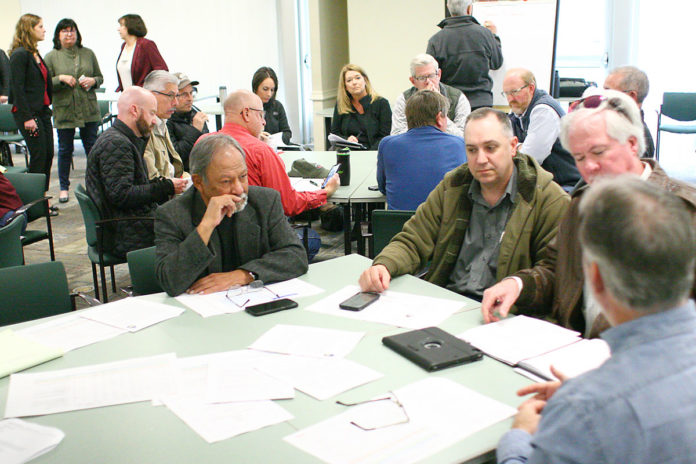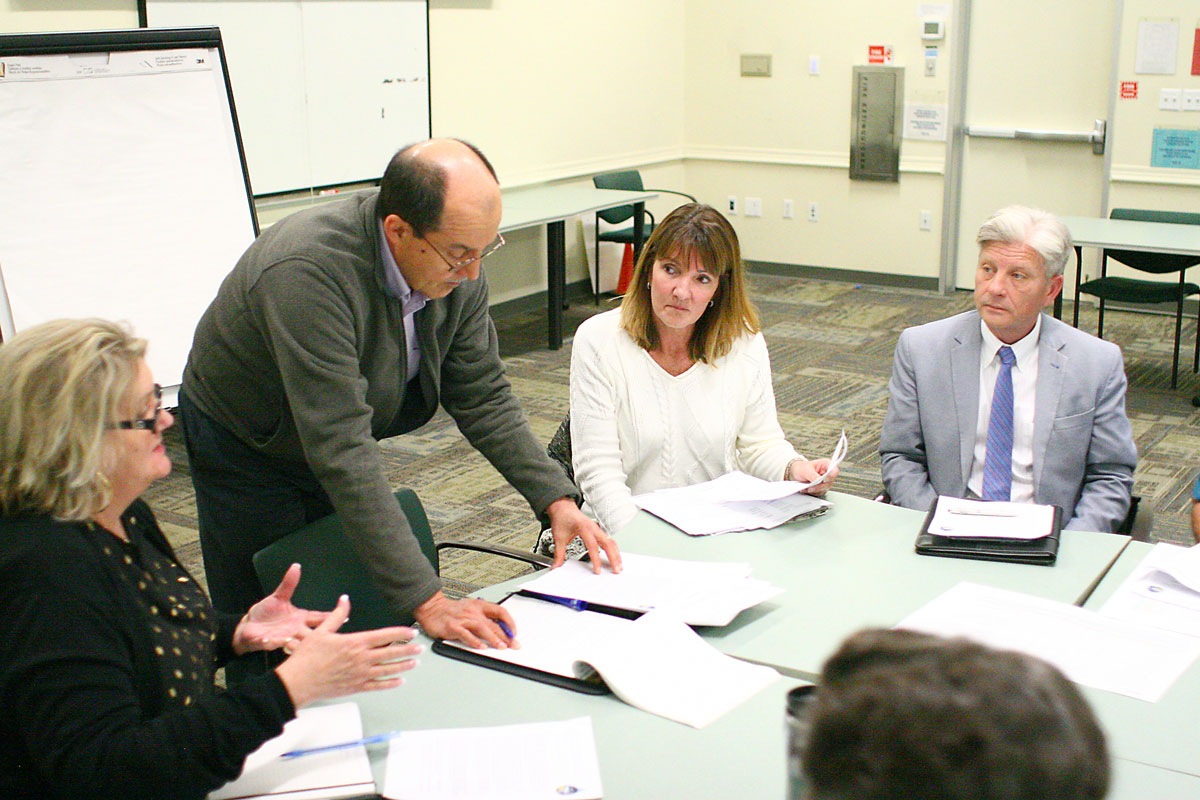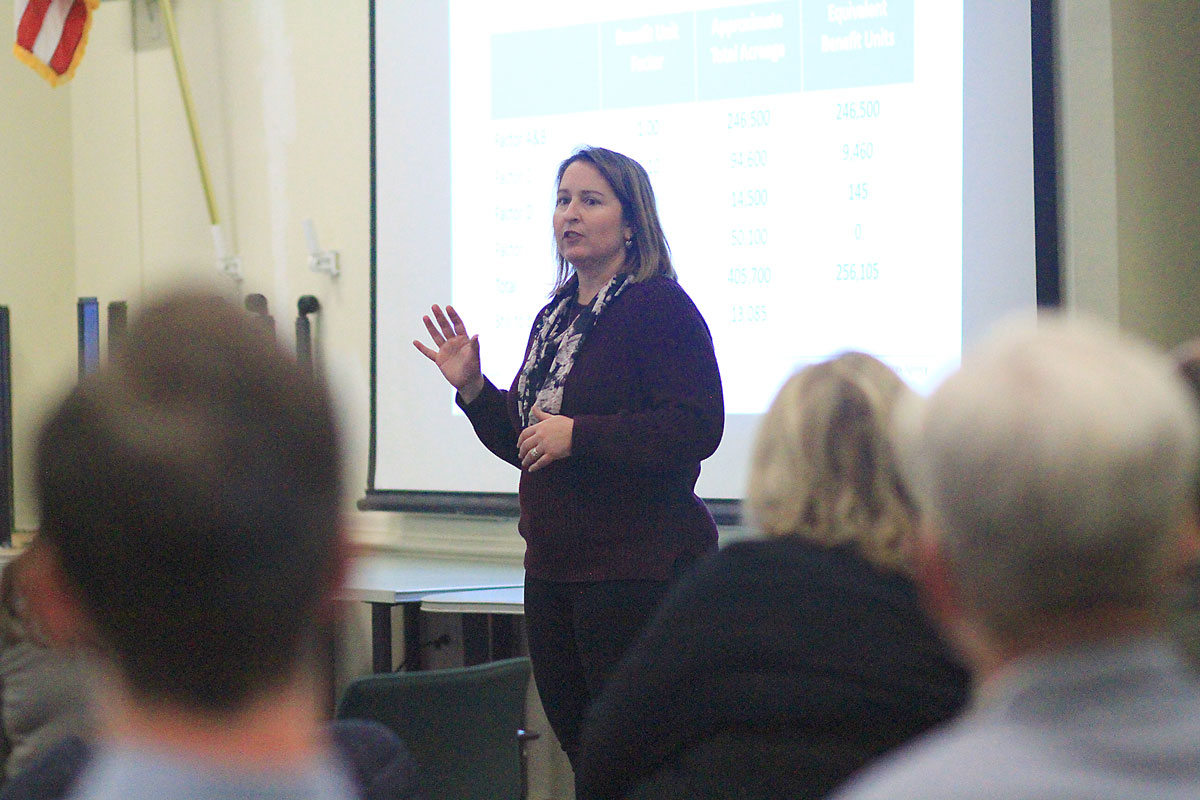
MONTEREY COUNTY — A community workshop was held last Friday in Salinas to consider options in how to pay for Monterey County’s aging dams and reservoirs, which continue to provide water for drinking and agriculture to the Salinas Valley.
Landowners, politicians, legal experts and concerned citizens packed the Agricultural Center Conference Room to weigh the benefits and pitch solutions to problems within the two main proposals, either a bond measure or a pay-as-you-go tax increase. After hours of presentations and discussion, the Jan. 31 meeting came to no definitive conclusion on which option would be best.
“The item was tabled until further information can be provided,” said Brent Buche, general manager for the Monterey County Water Resources Agency (MCWRA). “We will go before the Board of Supervisors with an update only on Feb. 11.”
The two options discussed were supposed to be presented to the Board of Directors for the MCWRA before being sent to the county’s Board of Supervisors with a recommendation.
“We brought this forward so we can get input from everybody on whether or not they think this is the fair methodology for moving forward,” said Kari Wagner, principal for Wallace Group Engineering based out of San Luis Obispo County.
The bond option would have a 20-year or 30-year debt service and cost $257 million to $303 million over time. The pay-as-you-go option would have meant higher payments, but a debt service timeframe of eight years, meaning it would cost taxpayers $160 million over its duration. Additionally, the pay-as-you-go option didn’t have interest costs and had the ability to collect interest if surplus remained after repair costs for the county’s dams and reservoirs.
When asked about the effect on taxes in Monterey County, Buche said, “If this passes, their taxes will go up, they won’t go down.”
King City Mayor Mike LeBarre, a member of the Monterey County Water Resources Agency Board of Directors, clarified during the meeting that the mechanism for payment would not affect the residential units in order to not be a burden to households. Rather, the increases would affect landowners.
The reason for the potential increases would be to have funds specifically for that water infrastructure.
“The direct benefit that I see, is the money is dedicated to the operations and maintenance of the dams,” Buche said.
When discussing how much need the county has for improved funding, Buche said, “I have one person working on dam safety. Most water agencies have a whole team working on dam safety. Money that’s dedicated in that would be for operations and maintenance and a component of that would be dam safety.”
Attendees participated by discussing reaction at their tables, and then presenting their thoughts and ideas to the larger room group.
“It’s just a proposal out on the table to dedicate money to operations and maintenance,” Buche said.
The Proposition 218 process calls for community discussion before final decisions are made and ballots are mailed out, according to Wagner. She explained the results would be weighed by how much a landowner would owe in the proposed rate increase. To pass, a measure would require 50 percent plus $1.
If the county supervisors made a decision to go forward with a ballot measure, it would happen as soon as the end of March, Wagner explained.















